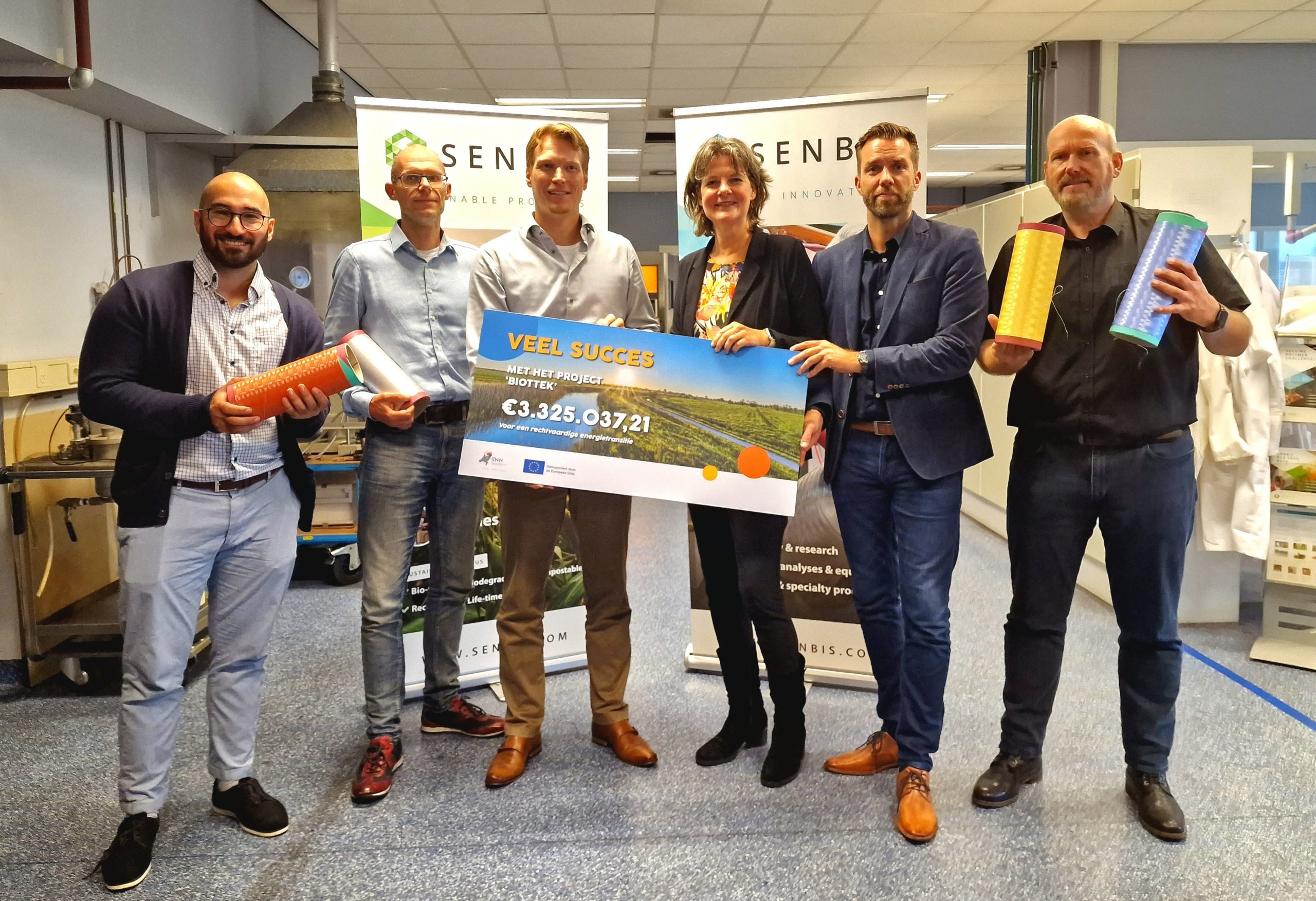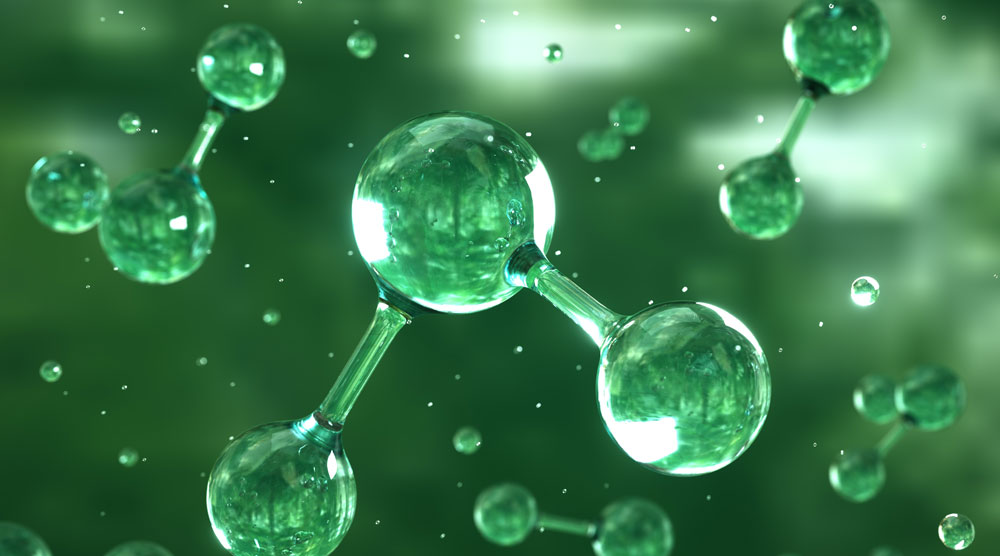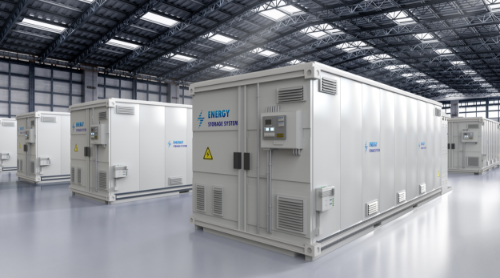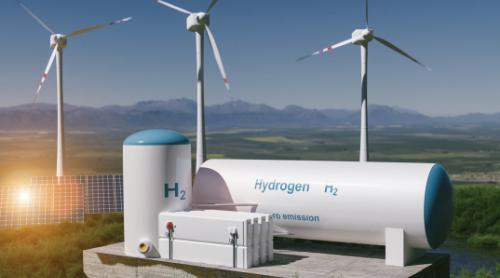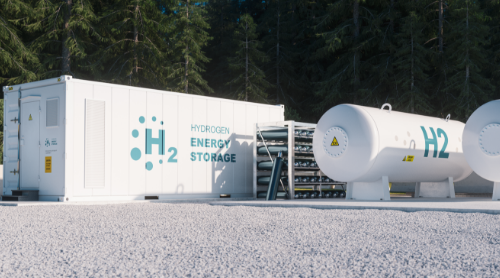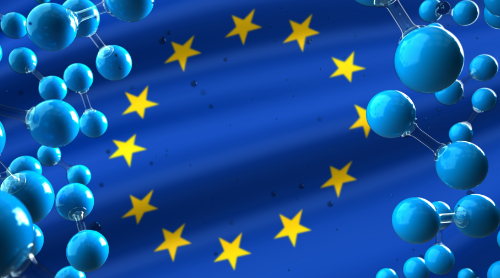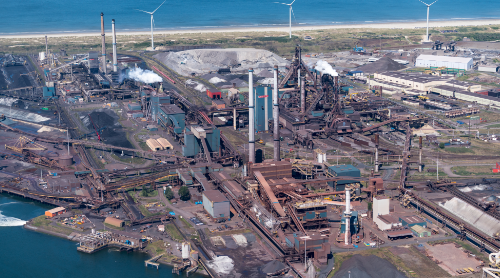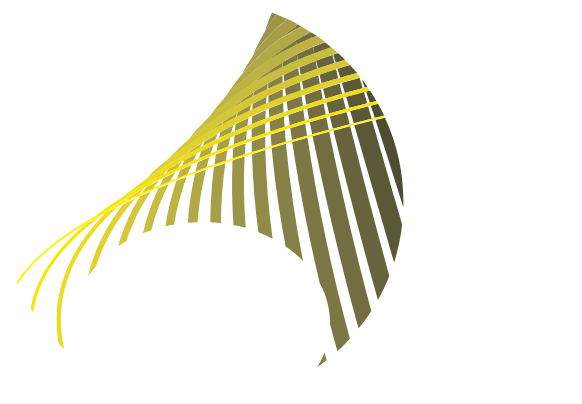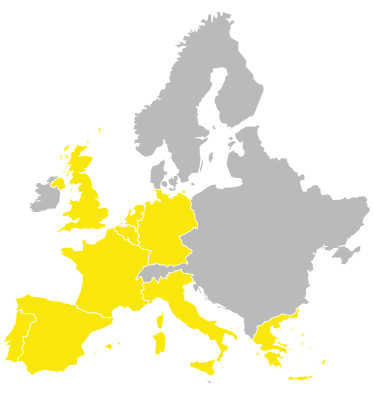What is the LIFE programme?
Since the early 1990s, the LIFE programme has been the EU’s co-financing instrument for supporting innovation in the environment and climate field. Environment is about everything that is part of the living environment, such as air, water, nature and biodiversity, but also, for example, the circular economy. Climate refers to the average weather over a certain period of time, with topics such as energy transition, adapting to climate change, and reducing greenhouse gas emissions. Recently, a new, fifth cycle of the LIFE programme was published for the period 2021-2027. The content of the revised programme has been broadened in a number of ways, creating additional possibilities and new opportunities for the chemical sector.
Example of a successful chemistry project for LIFE funding
The LIFE programme has always offered opportunities for projects in the chemical sector, such as grants for (national or European) pilots or demonstrations in the field of efficient use of raw materials or recycling. A good example of a successful LIFE application (submitted by PNO Chemistry!) is the PSLOOP project for the PolyStyreneLoop cooperative in Terneuzen. The aim of this project is to recycle expanded polystyrene (EPS) foam, and to demonstrate an economically viable alternative to burning EPS waste.
The technology – based on dissolving EPS and removing the flame retardants – ensures that the resulting ‘EPS gel’ can be reused as a raw material. The recently opened demonstration plant will contribute significantly to the prevention of greenhouse gas emissions: 3,300 tonnes of EPS waste will be processed here per year! PNO Chemistry also supervises the administrative process after funding has been granted.
Themes within LIFE Environment
Recycling and resource efficiency will continue to be some of the focal points in the Environment theme of the new LIFE programme. Some examples of other chemical-specific focal points within this theme are:
- collection and recycling of batteries and plastics
- recovery of essential raw materials from waste streams
- prevention and reduction of the impact of chemicals (such as nanomaterials, PFAS and pesticides) on the environment and human health
- prevention and reduction of the impact of chemical production on the environment and human health by developing green technologies, advanced materials and industrial production with reduced emissions and environmental impact.
Themes within LIFE Climate
LIFE also offers current opportunities for the chemical sector within the Climate theme. An important aspect here is the distinction between the sectors that fall within the European emission trading system and those that do not. Sectors outside this system can apply for LIFE funding for projects aimed at:
- reducing greenhouse gas emissions in general and fluorinated greenhouse gases and ozone depleting substances in particular
- developing alternatives to fluorinated gases or recovering and recycling fluorinated gases.
Sectors that are covered by the European Emission Trading System – e.g. the energy-intensive industry – are not entirely excluded from the LIFE scheme. These sectors too need many changes to achieve the climate objectives. They can apply for LIFE grants for projects aimed at:
- improving the functioning of the European emissions trading system
- reducing greenhouse gas emissions from the energy-intensive manufacturing and process industry through the development, demonstration and implementation of innovative and cost-effective technologies.
Development and demonstration of innovative technology
The LIFE programme focuses on so-called Standard Action Projects (SAPs): projects in which the development and demonstration of innovative technology is central, but in which activities for the market introduction are also permitted. Roughly speaking, projects with TRL 5-9 are eligible for funding.
The grant contribution for a SAP is 60% of the project costs. The maximum grant can amount to 3 million euros per project. This type of project can be submitted by any organisation in Europe, so by both companies and research institutions. The formation of a consortium is not mandatory, although European cooperation can contribute to the chances of success of an application.
Want to know more?
Are you working on innovations for the chemical sector that are in line with the above themes? Or are you working on other sustainable innovations in the field of chemistry, industry or energy? PNO Chemistry always has the necessary expertise in-house, since our specialists have a great deal of experience with the LIFE programme and other grants for innovation and investment projects. If you are interested, please do not hesitate to contact us.

